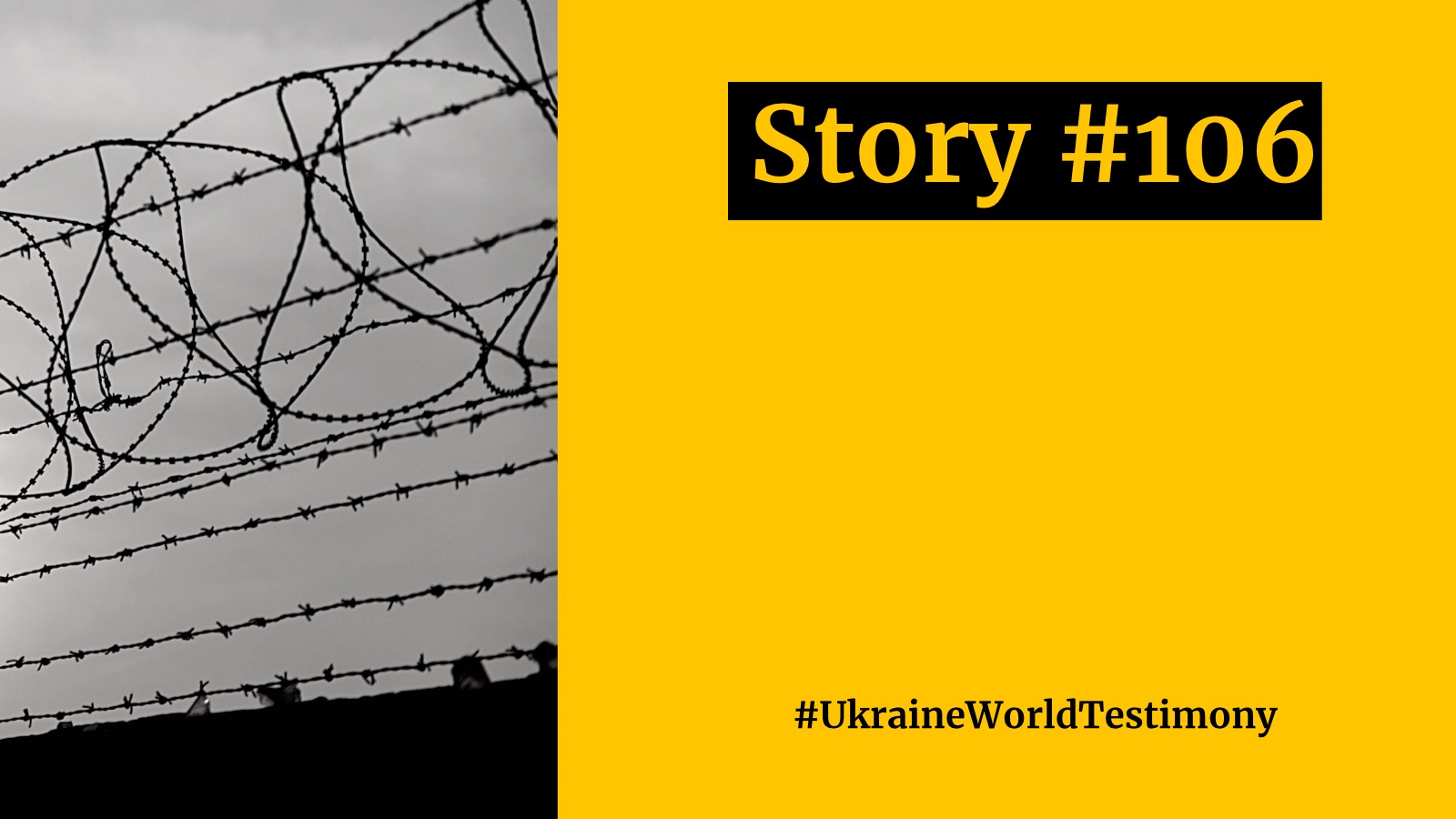
Mykola was the acting head of the Kindrashiv community in Kupiansk district when it fell under the occupation of the Russians just three days into the invasion, leading to his two-time abduction.
Natalya, Mykola's wife, told us that the mayor of Kupiansk, a district center in the immediate proximity of the Kindrashiv community, surrendered his town to Russians without putting up any kind of fight, assuming the role of Russian collaborator. His participation helped the Russians occupy the area momentaneously, leaving the locals, including Natalya and Mykola, no time to flee.
The occupants reached the community as early as three days into the full-scale invasion.
This, coupled with the lack of gas at the stations and the inability to withdraw cash from drained ATMs, made it impossible for Natalya and Mykola to flee.
According to Natalya, units from the so-called "LPR" ("Luhansk People's Republic") were the first ones to enter the community, spending some time sniffing around and reporting to their superiors in Russia but not torturing anyone. This, however, was later followed by the arrival of regular Russian troops, who were much more brutal.
Some units, such as those comprised of Buryats, behaved particularly cruelly, running civilians over with tanks and shooting them with small arms point-blank.
Unfortunately, during the occupation, the number of collaborators was quite significant; many locals had previously relocated here from Russia's neighboring Belgorod oblast or are descendants of such settlers. Natalya is convinced that it was one of these collaborators who turned her husband over to the Russians.
Before the full-scale invasion, Mykola worked as a part-time teacher of preservice military training(a mandatory two-year course for boys in high school to prepare them for subsequent compulsory conscription -- ed.). He occasionally invited members of Ukrainian patriotic movements to speak before his students.
Despite the fact that he only taught just two lessons a week, Russians used this to label him a propagandist of inciting a neo-Nazi mindset among youth. On top of that, the Russians fabricated new charges against him, accusing him of inciting local youth to raid a Russian block post in the neighborhood.
On April 18th, the Russians unlawfully detained Mykola for the first time. Eight armed men in Tigr armored vehicles surrounded his family's house, dragged Mykola out of the building, tied him up, and blindfolded him with duct tape, all while throwing the most vile abuse at him in the process. However, they returned him to his home the next day.
According to Mykola, during those 24 hours he was interrogated by eight people who demanded information on every single contact he had saved on his phone.
On July 8th, Mykola was abducted for the second time after Ukrainian armed forces launched six HIMARS strikes at the neighboring area, all of which were successful. The occupants had previously warned Mykola that if something similar happened, he would bear the responsibility and be considered the primary suspect.
The following day, four men came to Natalya's and Mykola's house and raided the premises. Luckily, they did not find anything; their son, who was serving in Ukraine's National Guard, warned them just in time that they should burn all his khaki fatigues and photos that could associate him with Ukraine's military.
Nonetheless, Mykola was abducted again. But this time, Natalya did not know the whereabouts of her husband for three days; the Russian occupying authorities refused to provide any information, and local collaborators were too afraid of the Russians to hand over any information even if they knew something.
Only later did one of the collaborators tell her how Mykola was being held in the nearby town of Kupiansk.
After his release, Mykola told his family that he was held together with nine other abducted men in a cell designed for only four people.
He also told how one of his cellmates was a young man who had been imprisoned solely for having undergone compulsory military service prior to the war; for the Russians, it was enough to accuse him of being a Banderite.
